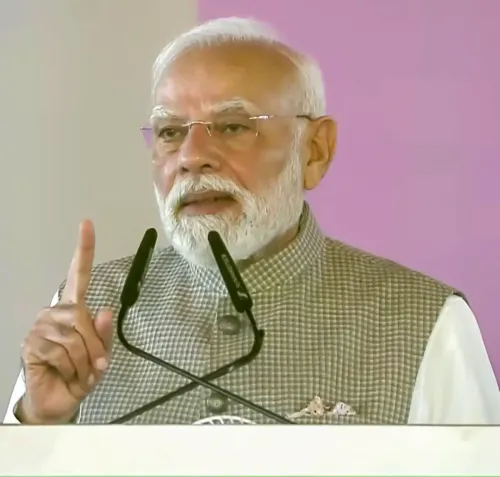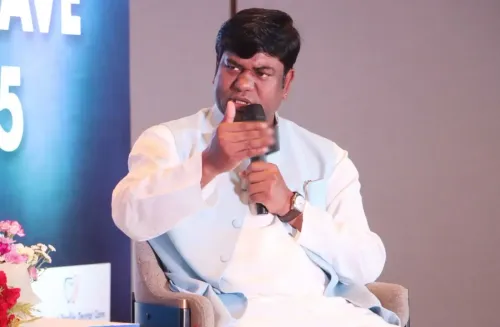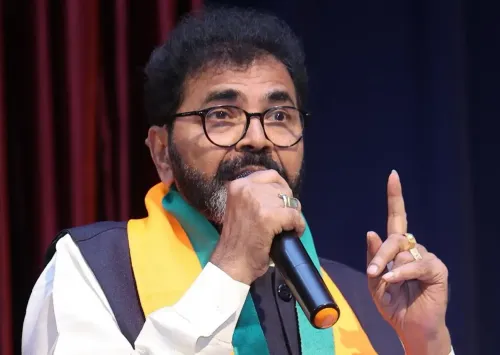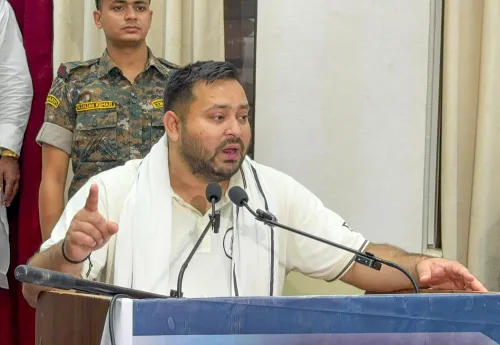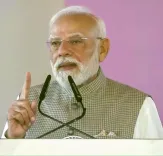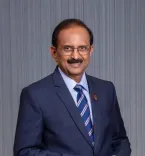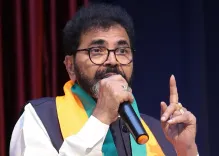Why Did Andhra Pradesh Ban Political Symbols in Schools?

Synopsis
Key Takeaways
- Political symbols are banned in schools.
- Only parents and SMC members can enter school premises.
- Donations must be submitted to school heads directly.
- Unauthorized access can disrupt academic activities.
- Grievances should be directed to administrative offices.
Amaravati, Aug 1 (NationPress) The government of Andhra Pradesh has enacted a ban on the display of political symbols and materials within educational institutions, along with prohibiting the presence of unauthorized individuals on school grounds.
The Director of School Education, Vijay Rama Raju, issued this directive on Friday.
His instructions include restrictions on access to school premises and guidelines for addressing grievances, as well as a prohibition on political symbols.
According to the order, the displaying of any political symbols or materials—such as flags, shawls, banners, or posters associated with political parties or organizations—is strictly forbidden within school grounds.
The official has mandated that all regional joint directors and district educational officers ensure that no person or group, aside from parents or members of the School Management Committee (SMC), is allowed entry into the school premises under any circumstances.
Any donations or contributions must be submitted directly to the headmaster or headmistress without interaction with students or access to classrooms. Taking photographs with students is also strictly forbidden, as per the order.
The director noted that he has received reports of unauthorized individuals and groups entering school premises without prior approval from the institution's head. Such unauthorized access, even for the purpose of donating gifts or contributions, is not permitted, as it disrupts ongoing academic activities.
He emphasized that all grievances, complaints, or requests must be directed solely to the administrative office. Staff and students should not engage directly with external individuals or organizations regarding grievance-related issues.
All regional joint directors of school education and district educational officers have been instructed to ensure that clear and stringent guidelines are communicated to all heads of institutions and field workers under their authority for strict adherence to these regulations.

